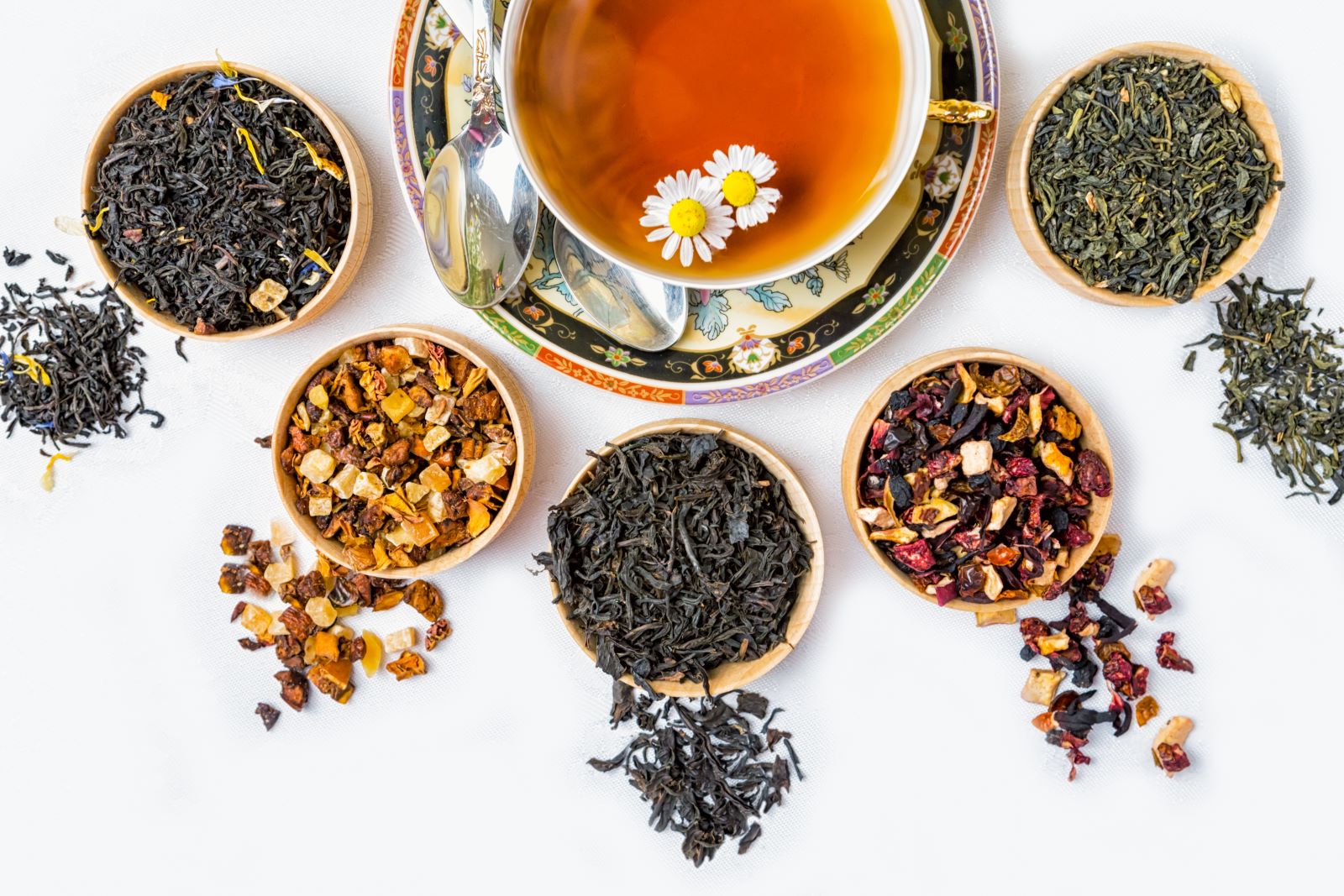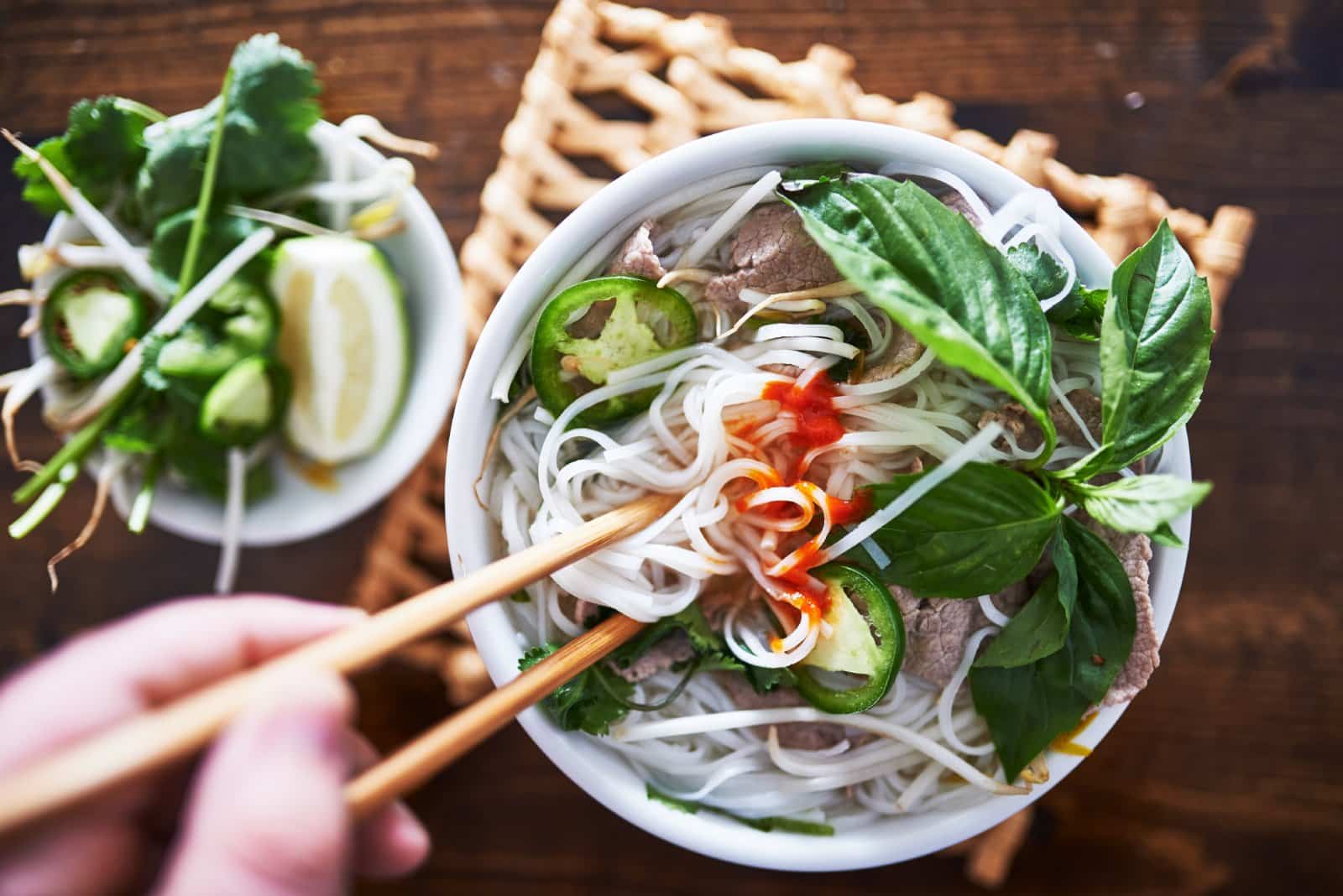Why You Need to Smell and What Happens When You Can’t
Smell isn’t just about enjoying flowers. It’s a crucial sense that helps us navigate life. Here’s why it matters.
Memory Lane

A whiff of something familiar can take you back in time. Smell is a powerful trigger for memories. This connection is so strong that certain scents can evoke vivid memories and emotions, according to research published in Science.
Danger Detector

Smelling smoke or spoiled food? That’s your nose keeping you safe. Our sense of smell acts as an early warning system for dangers, helping us avoid potentially life-threatening situations.
Social Glue

Pheromones play a huge role in attraction and social interactions. Your nose knows! Research shows that these chemical signals can influence social behavior and even mate selection.
Taste Buddy

Smell and taste are closely linked. When you lose your sense of smell, your ability to taste diminishes significantly. This is why food can seem bland or tasteless when you have a cold.
Health Signal

A change in your sense of smell can be an early sign of health issues, like COVID-19. Loss of smell, known as anosmia, has been identified as a symptom of various diseases, including neurological disorders.
Anosmia Awareness

Losing your sense of smell, or anosmia, can seriously impact your life. It can lead to loss of appetite, weight loss, and even depression. Recognizing and addressing anosmia is crucial for overall health.
Emotional Toll

Anosmia isn’t just physical; it can lead to depression and isolation. The inability to smell pleasant scents can reduce quality of life and emotional well-being.
Smell Training

There are ways to regain lost smell, like smell training. It’s like a workout for your nose. Studies have shown that repeated exposure to strong scents can help some people recover their sense of smell.
Scientific Studies

Researchers are diving deep into how smell works and how to fix it when it doesn’t. Advances in neuroscience and genetics are providing new insights into the olfactory system.
Daily Impact

From enjoying food to sensing danger, smell enriches our lives in countless ways we often take for granted. It enhances experiences and helps us connect with our environment.
Brain Health

Smell is linked to brain function. Losing it can be a sign of neurological issues, like Alzheimer’s disease. Monitoring changes in smell can be an early detection tool for these conditions.
Future Solutions

New technologies aim to help those with smell loss experience scents again. Innovations like electronic noses and olfactory implants are being developed to restore this vital sense.
Cultural Significance

Different cultures place varying levels of importance on smell, influencing how we perceive and interact with the world. For instance, some cultures use specific scents in rituals and celebrations.
Environmental Awareness

Smell helps us navigate our environment, making it essential for both survival and enjoyment of life. It allows us to detect food, hazards, and even changes in weather.
Olfactory Research

Ongoing olfactory research promises to uncover new insights into the role of smell in health and disease. Understanding the molecular basis of smell can lead to novel treatments for anosmia.
Personal Care

Recognizing the importance of smell can lead to better personal care routines. From choosing perfumes to maintaining nasal health, it’s all part of looking after yourself.
Social Interactions

Smell affects social interactions in subtle ways. Pheromones and other scent signals can influence first impressions and ongoing relationships.
Diet and Nutrition

Smell plays a critical role in appetite and nutrition. A diminished sense of smell can lead to poor eating habits and nutritional deficiencies.
Holistic Health

Taking a holistic approach to health includes considering the role of smell. Integrating olfactory health into overall wellness strategies can improve quality of life.
Public Health Campaigns

Public health campaigns that highlight the importance of smell can educate people on how to protect and enhance this vital sense. Awareness can lead to early diagnosis and treatment of related health issues.
Technological Innovations

Technological advancements are creating new ways to restore or enhance the sense of smell. From virtual reality applications to olfactory therapy, the future looks promising for those with olfactory impairments.
Community Support

Support groups for people with anosmia can provide valuable resources and a sense of community. Sharing experiences and solutions can help individuals cope with the challenges of losing their sense of smell.
I hope these expanded sections with a balanced conversational tone and lifestyle news vibe meet your expectations. Let me know if there are any other adjustments or additional topics you’d like to cover!
Not All Tea Is Good for You: List of Teas to Avoid and to Stick To

Not all teas are healthy and some might actually harm your health with poor ingredients. But how can you tell the good from the bad? This guide aims to help you make informed choices without turning you into a tea expert overnight. Not All Tea Is Good for You: List of Teas to Avoid and to Stick To
America’s Spiritual Revolution: Turning Away from Christianity to Embrace Alternatives

As church attendance declines, Americans are exploring diverse spiritual paths, from stargazing druids to unconventional deities like Wi-Fi gods and extraterrestrials. Explore the quirky and sometimes controversial new religions capturing attention as people seek meaning beyond traditional Christianity. America’s Spiritual Revolution: Turning Away from Christianity to Embrace Alternatives
25 Must-Try Global Delicacies

From Bangkok’s bustling streets to Parisian cafes, every corner of the world offers something special for your taste buds. And you don’t have to travel far; even in the USA, you can find a world of flavors. Here are 25 global delicacies every foodie should try, including some local favorites! 25 Must-Try Global Delicacies
Featured Image Credit: Shutterstock / Sjale.
For transparency, this content was partly developed with AI assistance and carefully curated by an experienced editor to be informative and ensure accuracy.






